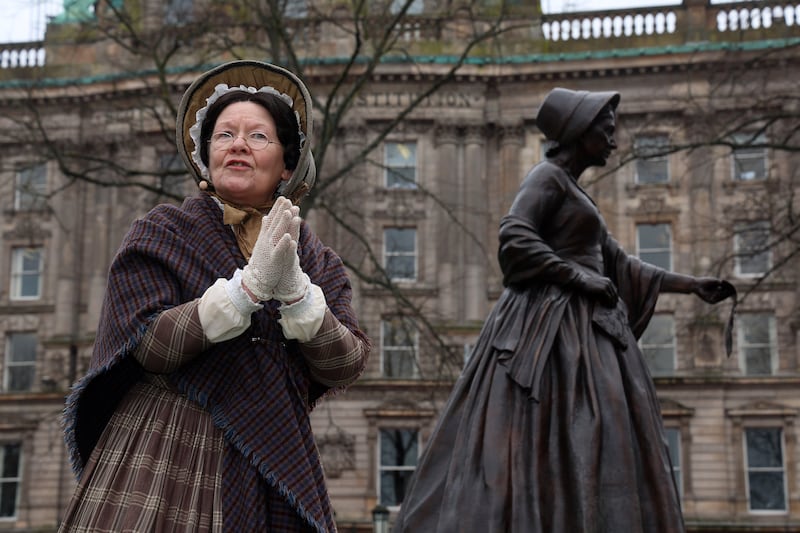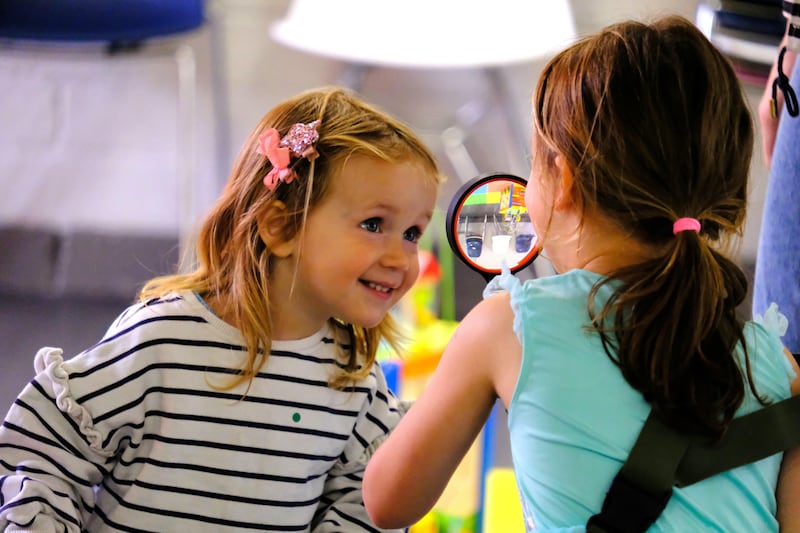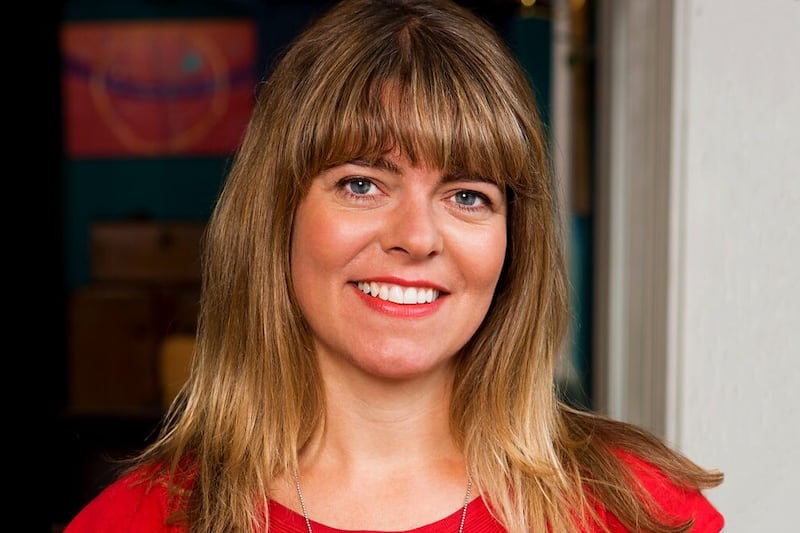“In a world where you can be anything, be kind.” This was the message posted by Caroline Flack on Instagram in December 2019.
The message – and resulting hashtag, #BeKind – was swiftly shared across social media in an outpouring of sympathy for the Love Island presenter, after she took her own life.
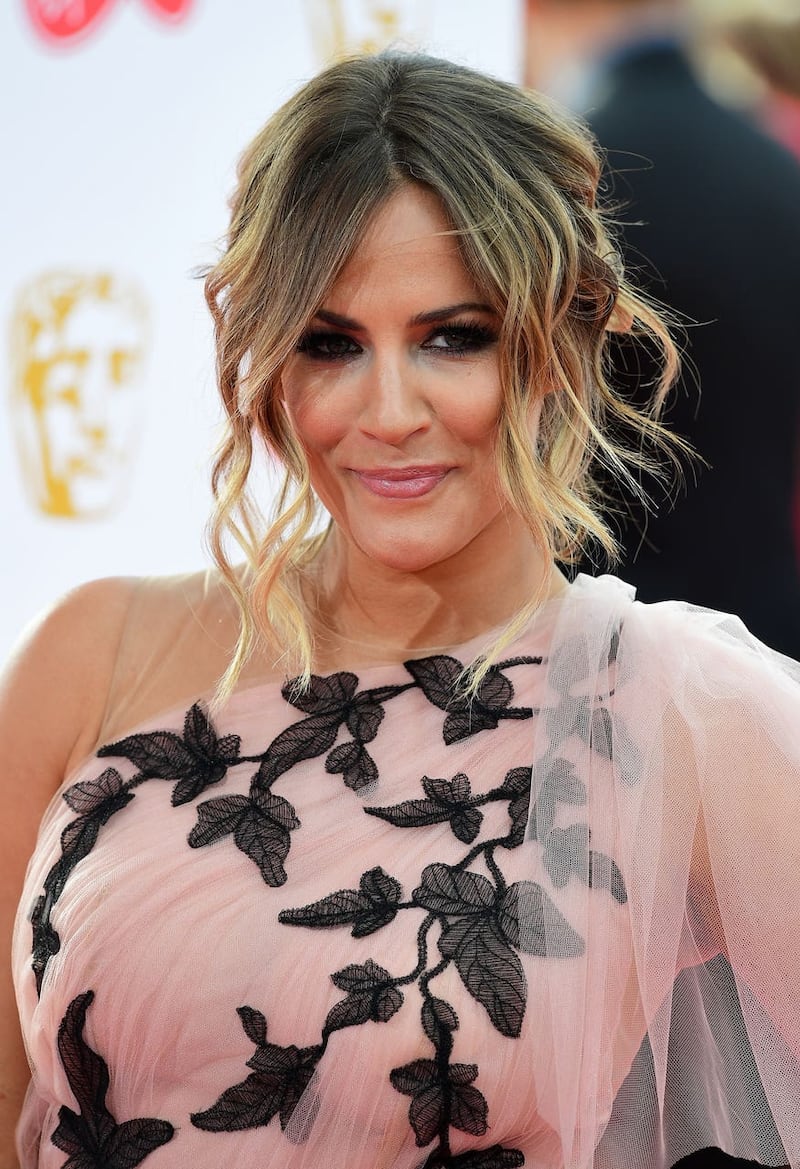
But over four years later, have our actions online, and towards our fellow human beings, really changed and do we know what being kind involves?
“We all need to take kindness more seriously and value it more deeply,” says broadcaster, writer, and psychology lecturer Claudia Hammond.
In 2021 she worked with a team at the University of Sussex to create the Kindness Test - the world’s largest public science project on kindness, involving 60,000 participants from 144 countries.
Its outcome was documented in the BBC The Anatomy of Kindness, and informed Hammond’s book The Keys to Kindness: How Kindness Unlocks Wellbeing, Success and Purpose.
The research had a lasting impact upon Hammond, who says it has now become “second nature” to look out for kindness.
“When I was writing the book I kept a diary of kindnesses and observed what other people did for others. Now I can’t stop noticing kind acts all the time,” she explains.
“I was lecturing this morning and cycled back across London. I noticed so many cars that were letting me go, instead of trying to run me over, and people who were letting pedestrians cross.”
BEING KIND IS GOOD FOR YOU
The results of the The Kindness Test suggest that people who receive, give or even just notice more acts of kindness tend to experience higher levels of wellbeing and life satisfaction.
“It raises people’s wellbeing to become a kindness twitcher. Psychologically we notice the negativity and cruelty in the world, but noticing kindness is a counter to that.”
Hammond was surprised to discover that fear of being misinterpreted was people’s biggest barrier to being kind and encouraged us all to be less hesitant about offering help.
However, she believes that the benefit of offering kindness outweighs the chance that you could end up with a reddened face.
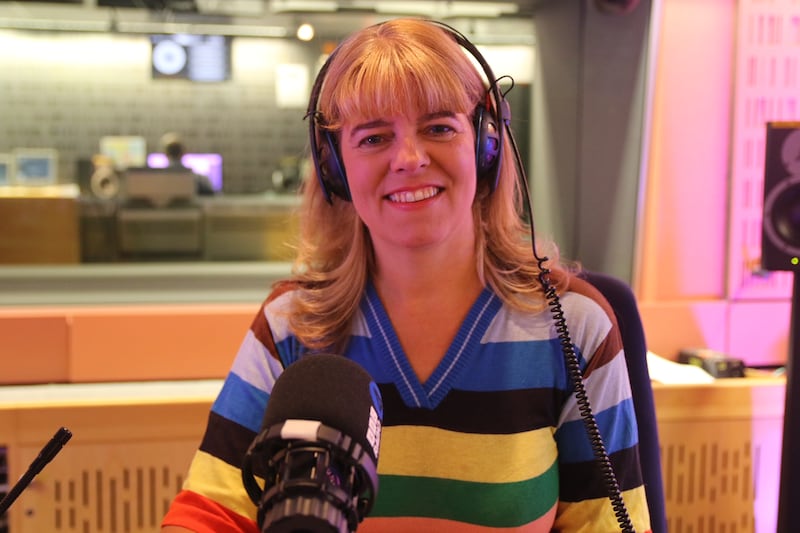
“In the study when we asked people how they felt when someone was kind to them, they said they felt happy, grateful, loved and pleased. Embarrassment about receiving kindness was rarely mentioned.
“Sometimes you may get it slightly wrong, but does it really matter?” says Hammond, who advises that to minimise the risk you should ask people if they want help instead of enforcing it upon them.
“I’ve got a friend who’s blind and he tells me he can barely stop near a pedestrian crossing, because people just drag him across the road, when he doesn’t want to cross.”
Those little acts of kindness all add up and make the world a nicer place
— Claudia Hammond
The culture we live in now is one of suspicion and fear of being accused of inappropriate behaviour. However, Claudia argues that the definition of kindness is a defence in itself.
“Kindness is an act done with the intention of helping somebody else. The intention is the important part, even if it might not always be welcome.”
Hammond categorises kindness into three areas – kindness to others, the world and yourself.
BE KIND TO YOURSELF
The latter is often the one people neglect. Whether it’s taking time out as a busy parent or carer to have a cup of tea or a bath in peace, to taking your holiday entitlement in work or not internally speaking negatively to yourself, self-kindness is crucial to preventing physical and mental burn out.
“If a friend was feeling terrible because they messed something up at work, you wouldn’t say to them that’s because you’re an idiot and everyone thinks you’re an idiot and you always will be and no one is ever going to forgive you. Sadly, that’s the kind of thing we say to ourselves.”
While many people think being kind is opening a door or helping a lady across the road, there’s so much else to it and it’s also about the words you use – verbally and online.
Social media platforms have come under increasing pressure to cut down on negative virtual behaviour, but who can honestly say they have never written, or at least read, any negative comments online?
BEING KIND IS MORE THAN A HASHTAG
“Sometimes on social media you see #BeKind being weaponised against people and being used to shut people down which is a shame.
“I think we need to reward the people who are kind on social media by following them, and not the people who are argumentative and unkind. It’s tempting to look at the negative comments, but that’s giving them attention.”
Showing kindness by complementing people is another activity Hammond has made a conscious decision to do more regularly. However, she warns the plaudits need to be authentic and genuine.
“I listen to loads of radio shows and podcasts and when I really love a programme, rather than just thinking it in my head, I would email and tell them. And you’ll get such nice responses back,” she enthuses.
Of course, being kind isn’t always easy – as the idiom “I must be cruel to be kind”, derived from a line in Shakespeare Hamlet, suggests.
Just as a parent doesn’t allow their child to eat 25 chocolate bars in a row, employers too can be faced with tricky conversations to be kind and fair to everyone.
“Kindness can be complicated. For example, if an employee is slacking, you could say being kind is just leaving them, but if others are picking up on their work, then that’s unkind to everybody else.”
Speaking at this month’s Northern Ireland Science Festival, Hammond will challenge people to observe acts of kindness and look out for opportunities to complete at five acts of kindness per week.
“It’s great if people want to get sponsored to climb Kilimanjaro and raise loads of money for charity, but it can be as simple as making someone a cup of tea, picking something up that someone dropped or noticing in a room that someone has been left out a bit. Those little acts of kindness all add up and make the world a nicer place.
“Just saying hello or having a conversation with a stranger makes us all feel a bit more connected and reminds everyone that we are all human and sharing the same world and struggles.”
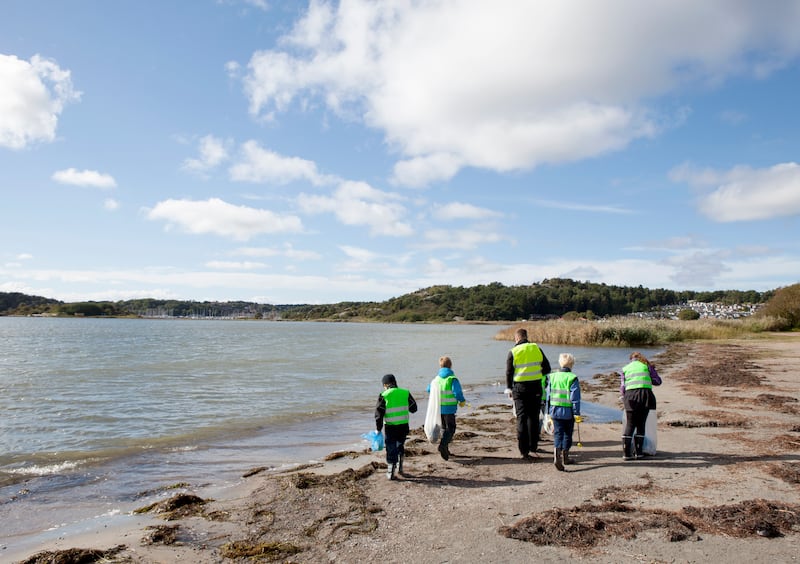
In terms of showing kindness to our world, as well as being kind to animal, being environmentally aware, and doing practical tasks such as recycling, Claudia encourages people to “show empathy” to the fish in our ocean and to political and social crises, such that of the plight of the world’s refugees.
“It doesn’t mean social justice isn’t needed, but you can have kindness within that, by listening to other people’s points of view, even if you disagree with them,” adds Hammond, who during the festival will also be recording an episode of Radio 4′s All in the Mind about the psychology of hope.






